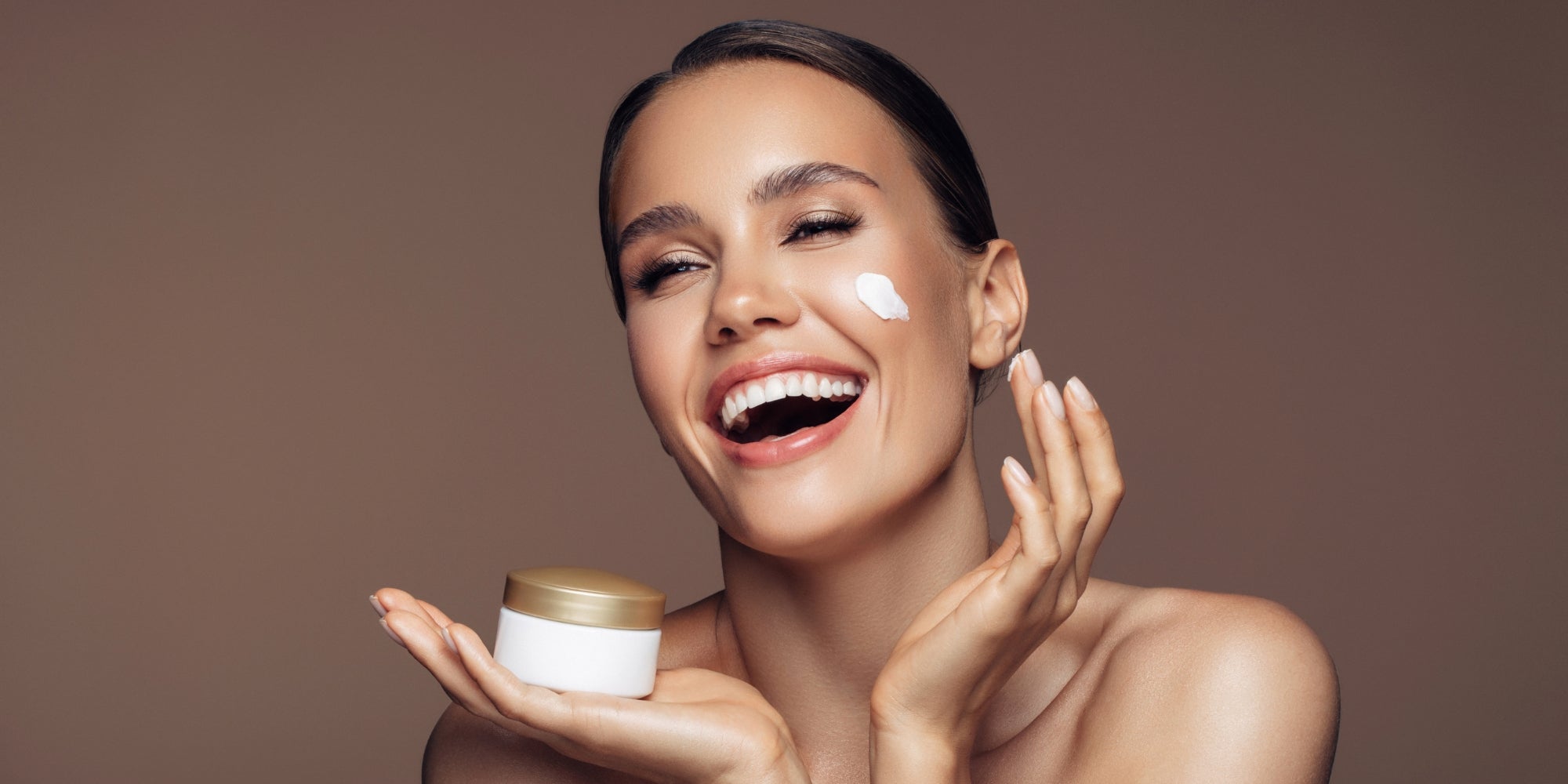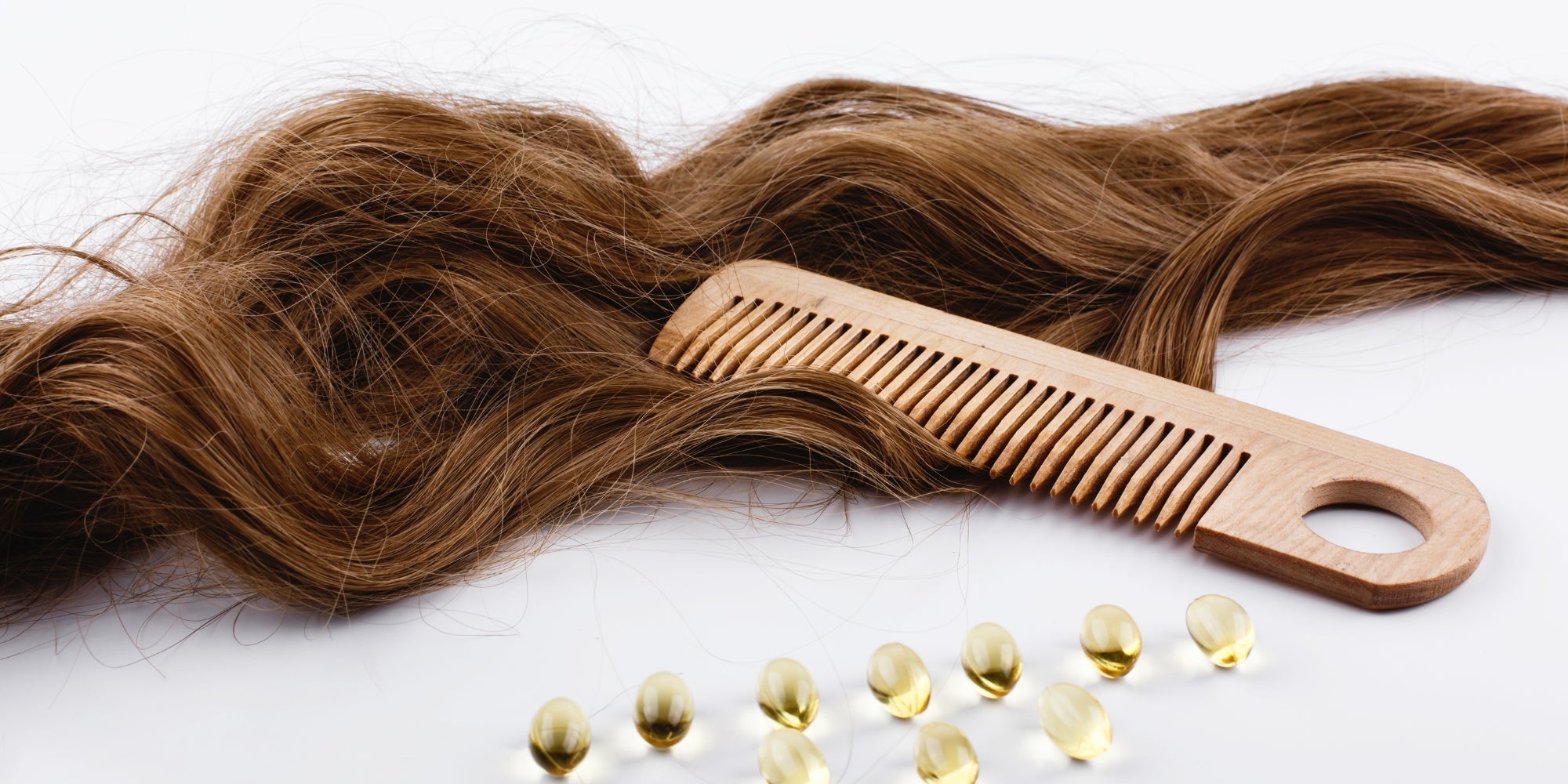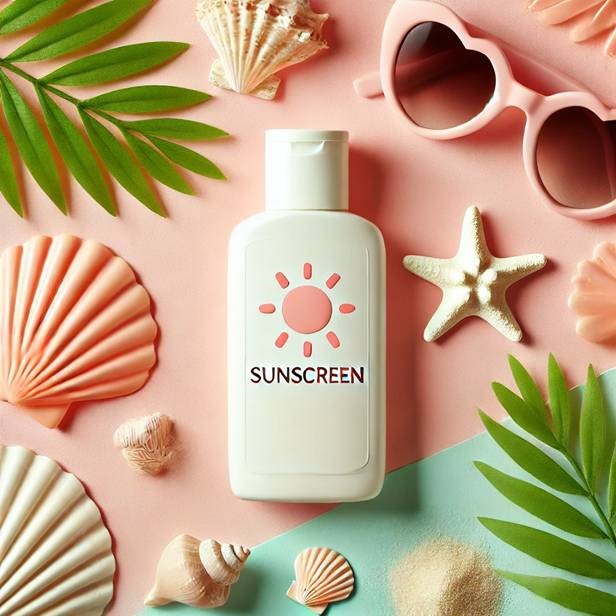The Ultimate Guide to In-Vivo Testing

In-vivo testing is an essential part of the cosmetic industry, and it plays a vital role in ensuring that products are safe, effective, and meet regulatory requirements.
In-vivo testing involves the use of human volunteers to test cosmetic products' safety and efficacy, which is an essential step in the development process. In this article, we'll discuss what in-vivo testing is, why it's necessary, and how it's conducted.
What is In-Vivo Testing?
In-vivo testing refers to the testing of cosmetic products on human volunteers in a controlled environment. This testing includes evaluating the cosmetic product's safety and efficacy by observing its effects on the skin, hair, and eyes. In-vivo testing is different from in-vitro testing, which refers to testing done on non-living biological systems such as cell cultures.
Why is In-Vivo Testing Necessary?
In-vivo testing is necessary to ensure that cosmetic products are safe and effective for use. The cosmetic industry is highly regulated, and cosmetic products must meet regulatory requirements before they can be sold to consumers.
In-vivo testing is essential for meeting these requirements and ensuring that the product is safe and effective for use. In addition, in-vivo testing provides important information on how the product interacts with the skin and other biological systems, which is critical for product development.
How is In-Vivo Testing Conducted?
In-vivo testing is conducted in a controlled environment under the supervision of trained professionals. Human volunteers are recruited to participate in the study, and they are given detailed information about the study's purpose and procedures. Participants are asked to sign a consent form before the study begins, which outlines the study's purpose, potential risks, and benefits.
During the study, participants are asked to use the cosmetic product according to the study's protocol. The product's effects are then evaluated, and data is collected on its safety and efficacy. This data is then analyzed to determine whether the product is safe and effective for use.
What are the Benefits of In-Vivo Testing?
In-vivo testing provides several benefits for the cosmetic industry. It allows for the evaluation of cosmetic products' safety and efficacy, which is necessary for regulatory compliance.
In-vivo testing also provides important information on how the product interacts with the skin and other biological systems, which is critical for product development.
Additionally, in-vivo testing can help cosmetic companies differentiate their products from competitors by providing scientific evidence of their product's safety and efficacy.
Conclusion
In-vivo testing is an essential part of the cosmetic industry and plays a vital role in ensuring that cosmetic products are safe, effective, and meet regulatory requirements. It provides important information on how the product interacts with the skin and other biological systems, which is critical for product development.
Investing in in-vivo testing can help cosmetic companies differentiate their products from competitors and provide scientific evidence of their product's claims. By prioritizing in-vivo testing, companies can ensure that their products are safe and effective for use, building trust and loyalty with consumers.
Contact us today to learn more about in-vivo testing and how it can benefit your cosmetic brand. Our team of experts can help guide you through the process and ensure that your products meet regulatory requirements while providing the best possible results for your customers.



